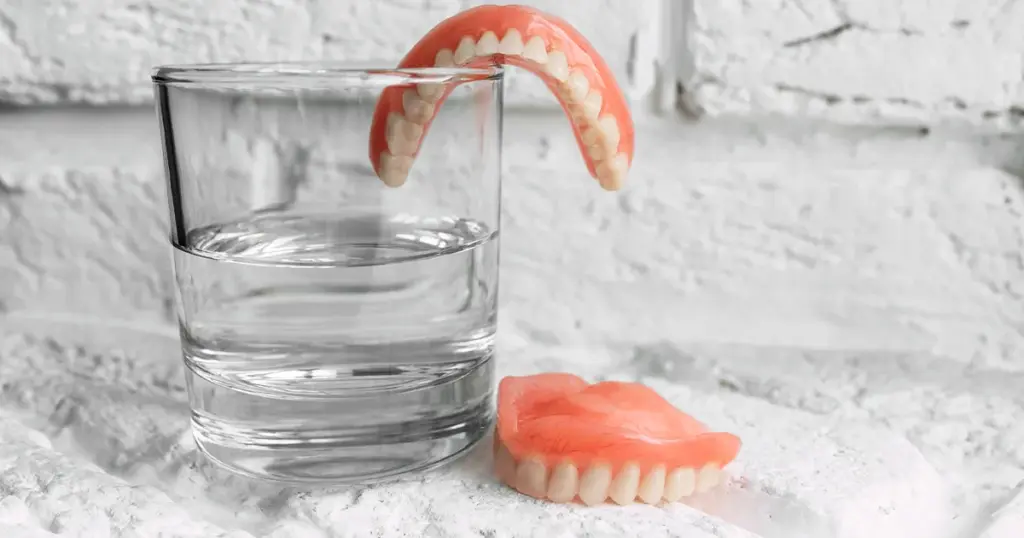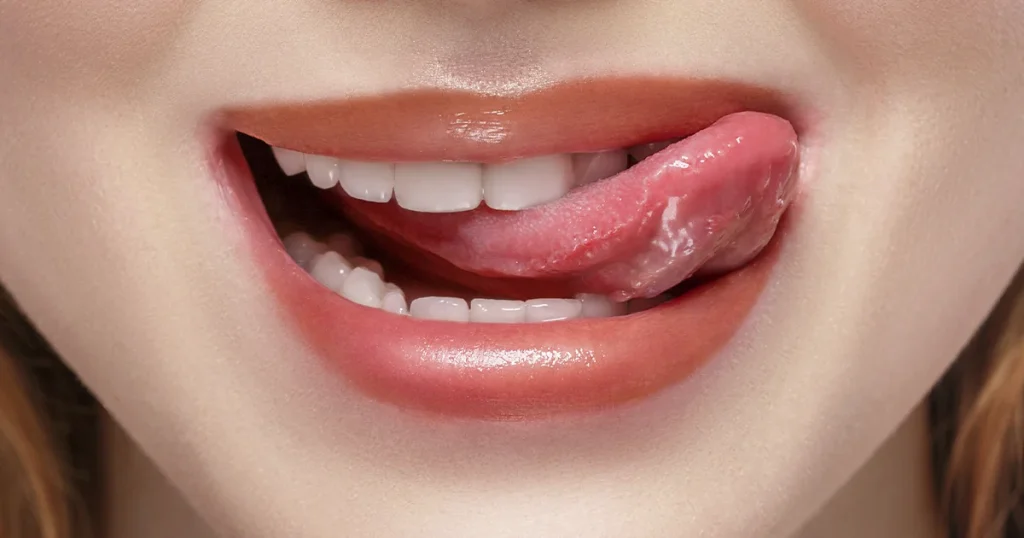Blisters, also known as sows, pallets or blower, are small ulcers that may occur in the mouth, including in the mouth. These small wounds can be painful and troublesome, but what causes them and how can they be treated?
What is the blister?
Blisters are small wounds that may occur on the inside of the mouth, lips, tongue and mouth. They are the third most common mouth disease after caries and paradentosis. Although not infectious, they may be painful, especially if there is inflammation in or around the wound. Pain can make it difficult to eat, speak and drink.
How does the blister appear?
Blister may vary in appearance. You may look like small whitish or yellowish wounds, surrounded by a reddish edge. There are three main forms of blister:
- Small oval ulcers of 2 to 3 mm diameter.
- Larger ulcers of about 12 mm, with varying degrees, which can take 3-6 weeks of healing and may leave a scar.
- A small wound cluster, known as herpetiform, where wounds are 1-3 mm diameter.
Who gets the blister in your mouth?
Approximately 20% blisters are experienced by the general population. Men and women are equally exposed, and interestingly smokers suffer less from blisters than non-smokers. The tendency to develop blisters can start in childhood and is often inherited.
What is the reason for the blister in the mouth?
Although the exact cause of the blister is unknown, there are several factors that can contribute to their development. This includes damage to the mucosa of the mouth, hormonal changes, food allergies, stress, and shortages of certain vitamins and minerals.
How is blisters treated in the mouthpiece?
Although a final course of blisters is not available, there are treatments to help relieve symptoms. This may include over-the-counter medicines such as gel and mouthwash, as well as medical treatment like antibiotics or adrenal hormone ointment for severe cases.
Prevention and care
To reduce the risk of blisters, it is important to maintain good oral hygiene. The choice of toothpaste, especially one without foaming agent, can also make a difference. Food supplements containing vitamins, minerals and iron may help those who tend to develop blisters.
Final thoughts
List in the mouth can be painful and troublesome, but with the right knowledge and care you can reduce their frequency and severity. If you experience persistent or severe blisters, it is important to consult a dentist to ensure there is no more serious underlying cause.





